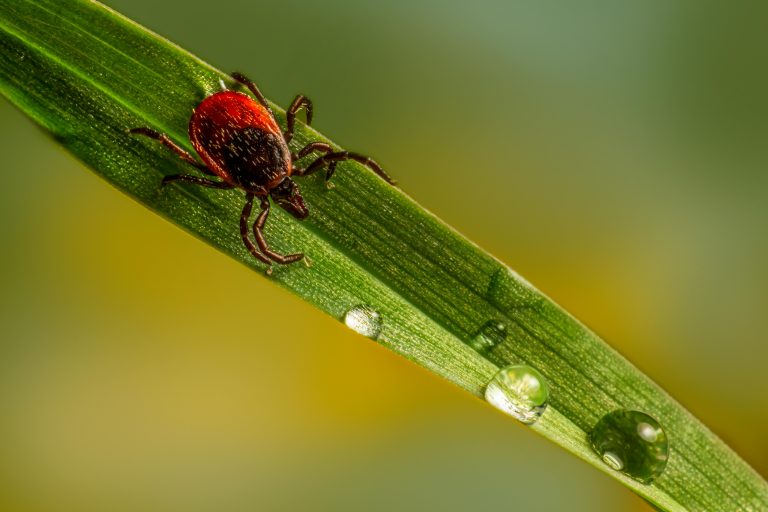Ticks are tiny, blood-feeding parasites that can carry and transmit various diseases. While tick-borne illnesses are less common in Singapore compared to some other regions, it’s essential to be aware of their potential risks and take preventive measures.
What is Lyme Disease?
Lyme disease is caused by the bacterium Borrelia burgdorferi, which is transmitted to humans through the bite of infected ticks, primarily the black-legged tick (Ixodes scapularis) in North America. Although the specific ticks that carry Lyme disease are not prevalent in Singapore, other tick-borne diseases can still pose a risk.
Symptoms of Lyme Disease
The symptoms of Lyme disease can vary from person to person, but early signs often include:
- Fever: A common symptom that can mimic other illnesses.
- Headache: Often accompanied by other flu-like symptoms.
- Fatigue: A general sense of tiredness and weakness.
- Bull’s-Eye Rash: Known as erythema migrans, this distinctive rash is a red ring with a central clearing that appears at the site of the tick bite. However, not everyone with Lyme disease will develop this rash.
If left untreated, Lyme disease can progress to more severe symptoms, including joint pain, neurological issues, and heart problems.
Preventing Tick Bites
- Wear Protective Clothing: When venturing into areas with tall grass or dense vegetation, wear long sleeves, long pants, and closed-toe shoes. Tuck pants into socks to minimize exposed skin.
- Use Tick Repellents: Apply insect repellents containing DEET, picaridin, or oil of lemon eucalyptus to exposed skin and clothing. Follow the manufacturer’s instructions for application.
- Perform Tick Checks: After spending time outdoors, especially in tick-prone areas, thoroughly check your body for ticks. Pay close attention to areas like the scalp, behind the ears, and underarms.
- Remove Ticks Properly: If you find a tick attached to your skin, use fine-tipped tweezers to grasp it as close to the skin’s surface as possible. Pull upward with steady, even pressure. Clean the area with alcohol, an iodine scrub, or soap and water.
Treatment of Tick Bites and Lyme Disease
If you develop symptoms of Lyme disease or have been bitten by a tick, seek medical attention promptly. Early treatment with antibiotics can effectively cure Lyme disease and prevent complications.
For more comprehensive information on tick bites and Lyme disease, visit the CDC’s Lyme Disease page. If you have any concerns or need personalized advice, consider consulting with Igaku. Our experts can provide tailored guidance and help you manage any health issues related to tick bites.
Read our other articles here.
- IGAKUhttps://igaku.co/blog/author/igaku/
- IGAKUhttps://igaku.co/blog/author/igaku/
- IGAKUhttps://igaku.co/blog/author/igaku/
- IGAKUhttps://igaku.co/blog/author/igaku/


